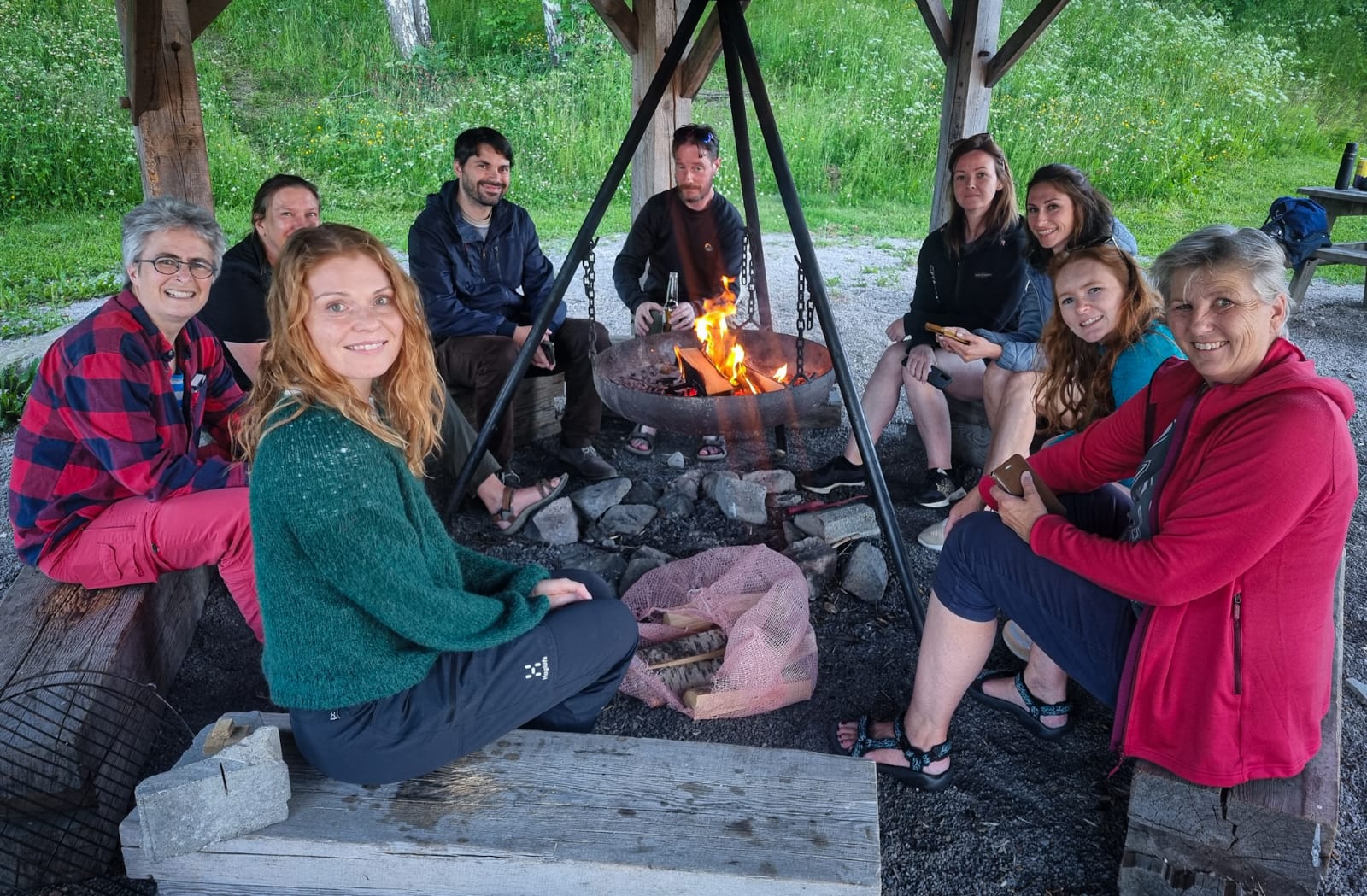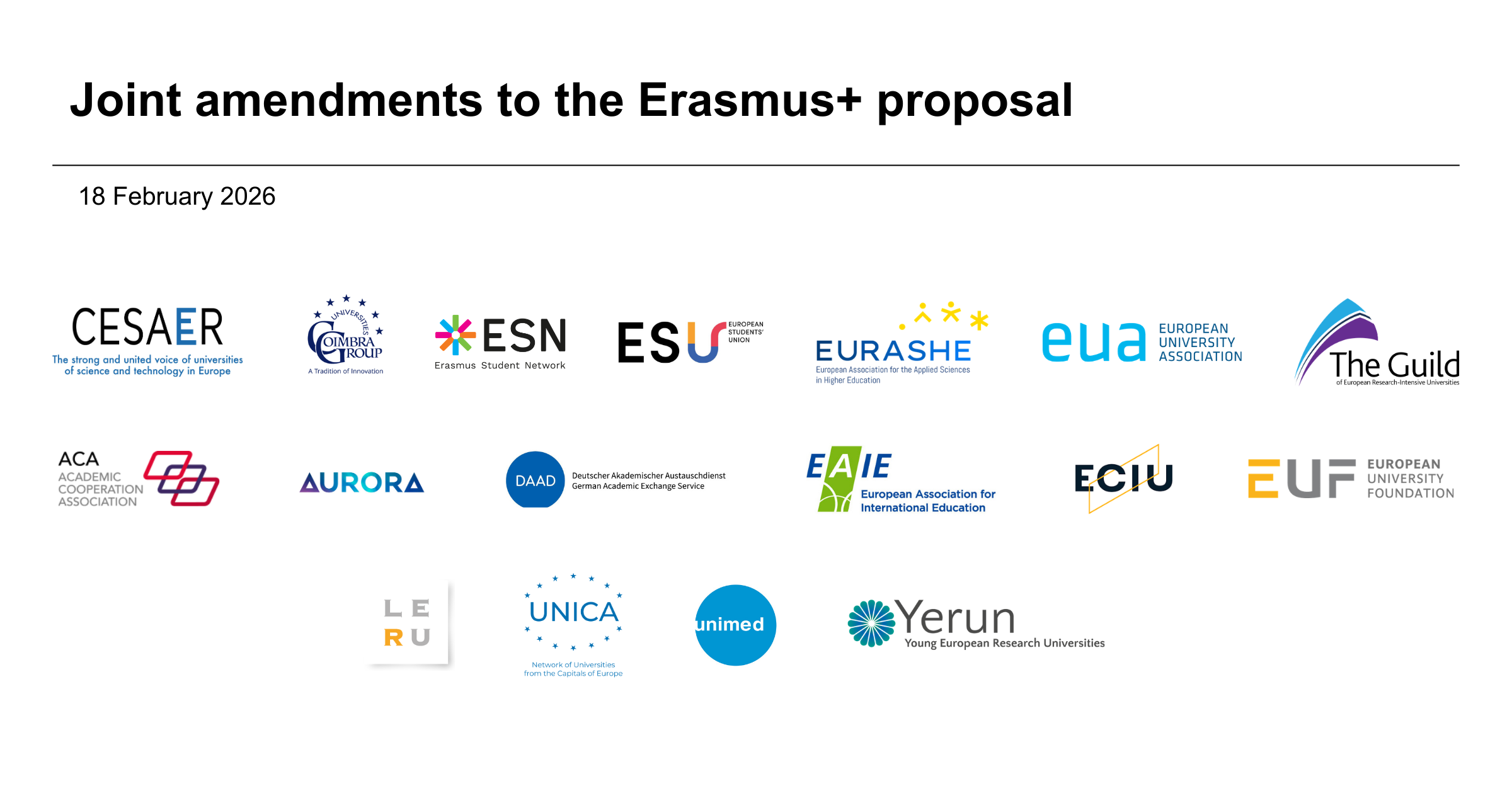21 participants met in Norway for the second gathering in the Erasmus+ programme “Driving Sustainable Futures in Higher Education”.
“This is an example of great collaboration within the frames of ERASMUS+ Blended Intensive Programme (BIP)”, says Annette Bischoff, head of USN Sustainability.
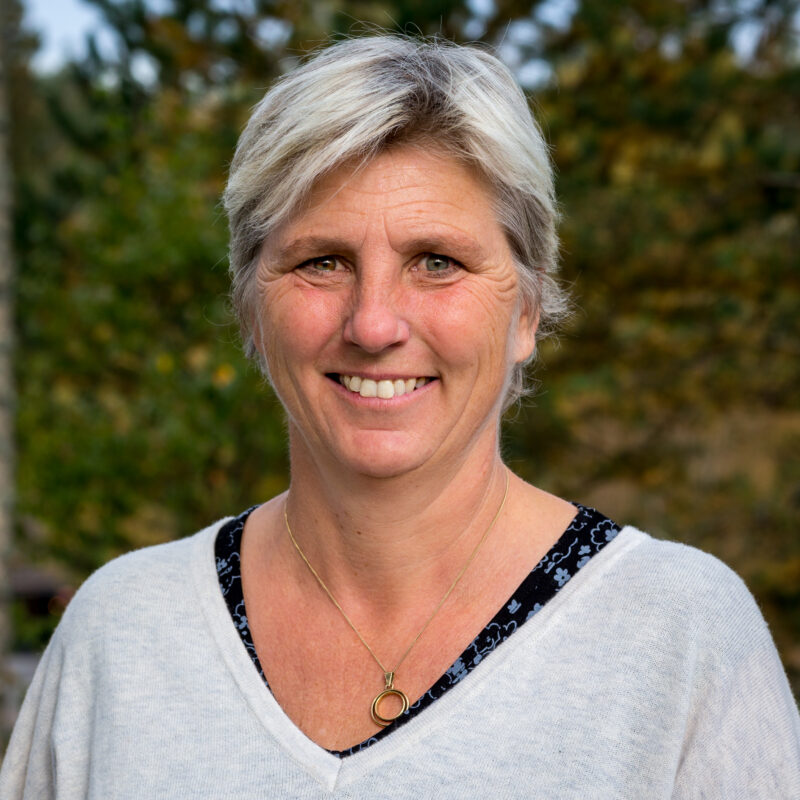
Her team conducted the first BIP in June 2023 with twenty-three participants from ten universities in Europe. https://yerun.eu/2023/06/driving-sustainable-futures-in-higher-education-straight-from-the-norwegian-fjord/
This year, twenty-one participants from twelve universities had signed up for the course, kicking off with a physical meet-up from the 16th to 21st of June. Featuring in-person learning activities at Bø and Åsgårdstrand in Southern Norway, followed by mandatory online sessions in September/October.
The aim of the ongoing BIP is to develop solid bottom-up initiatives that create energy, joy and co-creation in high competence teams – transdisciplinary and cross-sectoral, and to develop solid long-term collaboration with partners from YERUN.
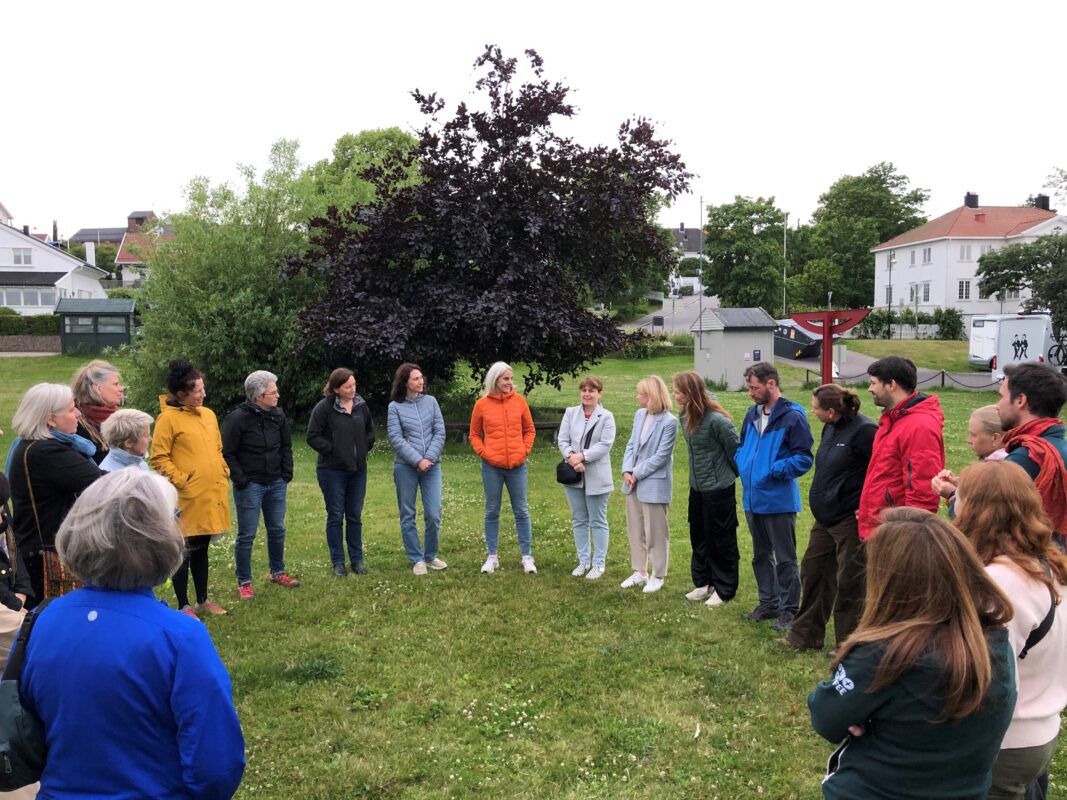
“The sky above our universities is coloured with heavy clouds and demanding tasks. The State of the world, UN Climate reports, The Convention on Biological Diversity, Agenda 2030, European Green Deal, just to mention some. The questions are many and that the universities must take a clear and comprehensive role in the necessary transitions is obvious. A question that probably has been posed in many of our universities is: How can we drive sustainable futures in future higher education, ” Bischoff says.
She emphasises how contemporary challenges related to climate, environmental and natural crises, and increasing social inequality imply a need for sustainable restructuring of all human activities.
USN Sustainability
Expertise in sustainability is in demand in all areas of society, both in the private and public sectors. Collaboration, co-creation and the production and sharing of knowledges across national borders are necessary for the collective, global tasks we face in transforming to a sustainable future.
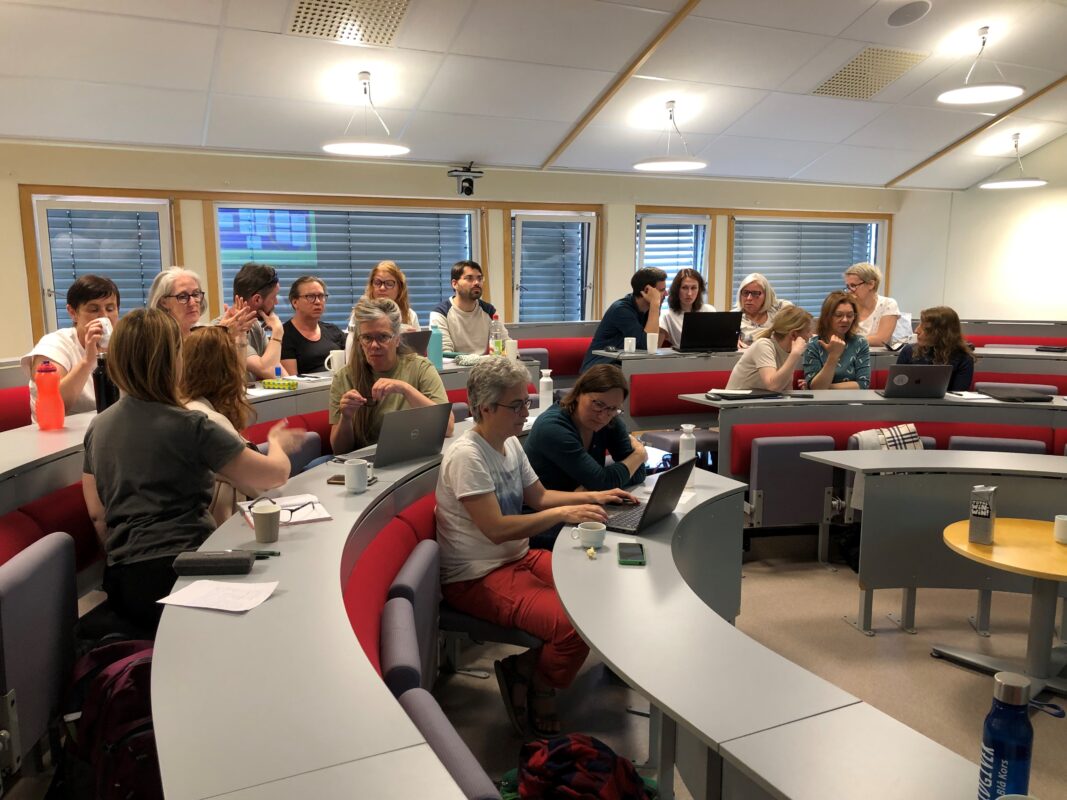
“The focus has often been on climate change, CO2 emissions, economic sustainability and social sustainability and the SDGs have been treated more or less isolated from each other even though they be should be seen working together as they are interrelated! At USN, sustainability has been part of the vision and strategy for years and focus has gradually been concentrated on moving from strategy to implementation and further development”, says Bischoff.
Therefore, USN has established a strategic institutional project called USN Sustainability with the ambition of contributing to a university that creates interconnected and creative open minded academic communities involving both specialists, generalists, students and work-life. Alongside with research and education for responsible futures and sustainable communities. The BIP is a result of this.
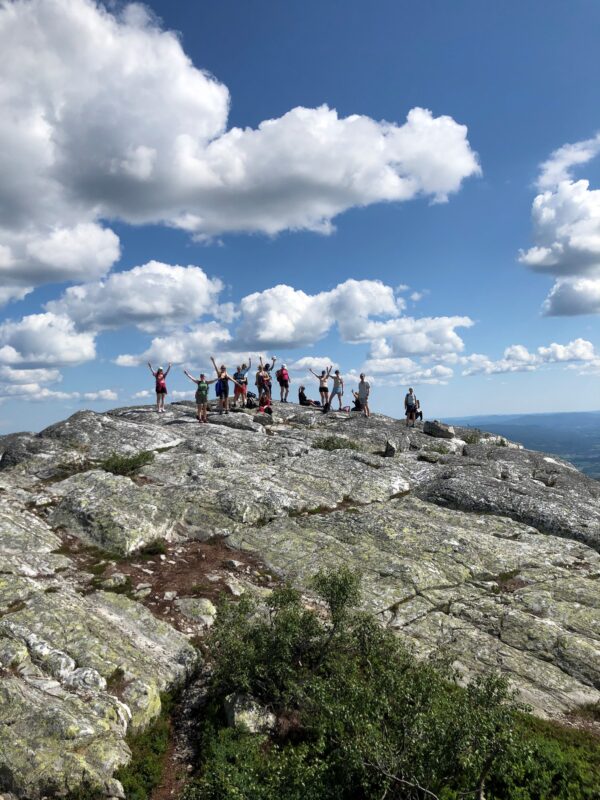
“The BIP journey started in September 2022 – if it had not been for the YERUN SDG group it would never have been possible. Through this network we got in contact with dedicated staff from University of Limerick, University of Antwerpen and University of Southern Denmark and together we developed the BIP: “Driving Sustainable Futures in Higher Education”, says Annette Bischoff.
The programme provides a forum for discussions about working in transdisciplinary ways, and about collaboration across different sciences, knowledges and sectors. The forum also provides opportunities to address various issues related to sustainability in Higher Education.
To develop key competences
Participants discuss and share perspectives on benefits and challenges with work across sciences, knowledges and sectors. The programme offers reflections on connections, contradictions and paradoxes between different UN SDGs, alongside the discussions on the interrelatedness of the goals.
In addition, the programme will offer perspectives on a critical understanding of the consequences of not changing the way we manage the planet and how to address this through our universities and local communities.
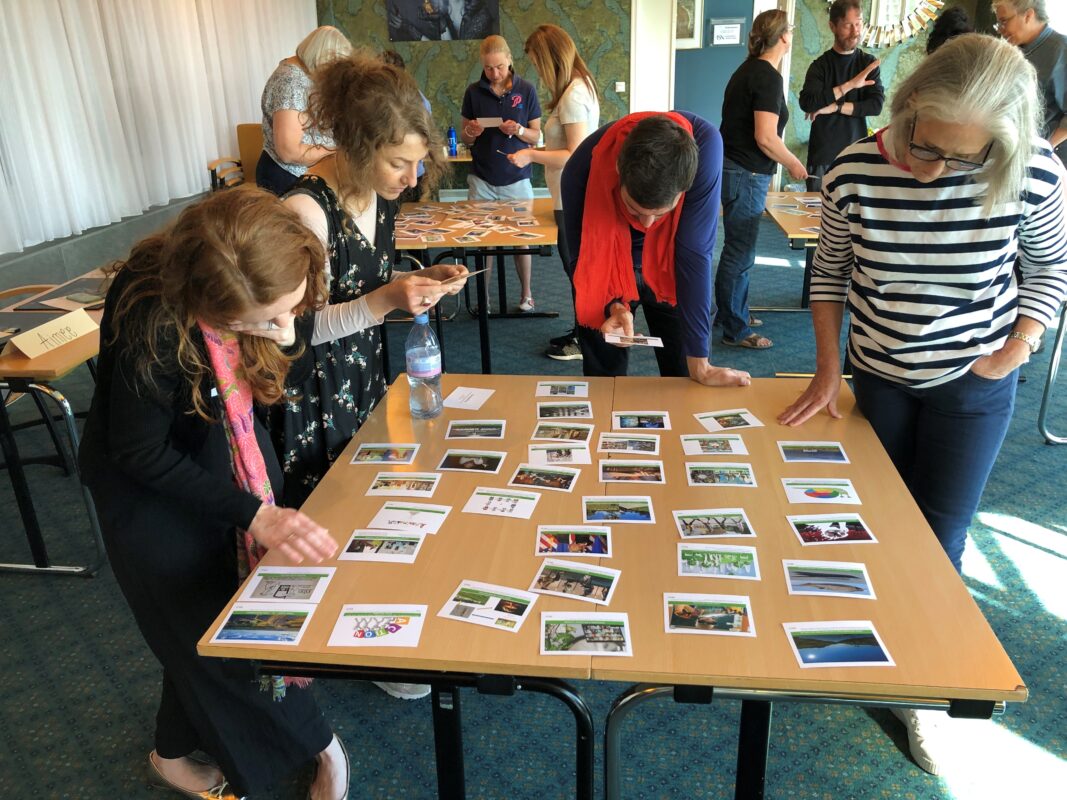
Annette Bischoff says the main goal of the programme is for participants to develop key competences necessary to accommodate sustainable transitions.
“Examples of these are the ability to critically reflect on the complexity and ambiguity of sustainability challenges, strategic thinking through creativity and problem solving, intra- and interpersonal competences, action competences and future thinking.”
The programme is based on transdisciplinary perspectives and emphasis is placed on the necessity of collaborating across subjects, sectors and sciences, while at the same time participants will be challenged to place understandings of sustainability in relation to their own field, discipline, and competences.
“The programme will provide participants with the opportunity to further develop their critical reflection and assessment of sustainability concepts and challenges; the capacity to interpret and ask critical questions about research, analysis and information related to sustainability; and competences to discuss and find sustainable alternatives for action at individual, institutional and societal levels,” Annette Bischoff says.

